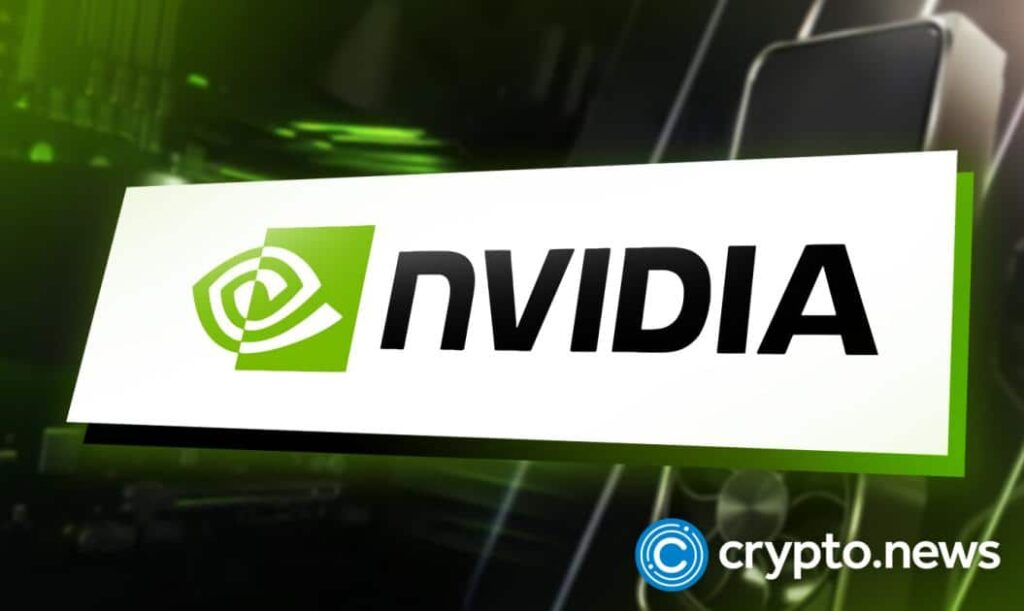The United States Department of Justice and Securities and Exchange Commission urged the Supreme Court to proceed with the Nvidia securities fraud lawsuit.
In an Oct. 2 amicus brief document, U.S. Solicitor General Elizabeth Prelogar and SEC senior lawyer Theodore Weiman stated that the U.S. has an interest in the Nvidia case because it concerns requirements for “pleading falsity and scienter in private securities-fraud class actions under the Private Securities Litigation Reform Act of 1995.”
Both agencies argued that the class action had “sufficient details” that warrant the case to be reopened despite a prior court dismissal in 2021, adding the Supreme Court should greenlight its revival by an appeals court.
“The United States therefore has a strong interest in the proper construction of the PSLRA and has previously participated as amicus curiae in cases regarding the interpretation and application of the PSLRA.”
The U.S. Department of Justice
Meanwhile, 12 former SEC officials filed a separate amicus brief on the same day which supported the class action suit. The brief highlighted the importance of private enforcement of federal security laws to the integrity of U.S. capital markets.
Furthermore, they claimed that Nvidia’s arguments against the case required the class group to have access to “internal company documents and databases before discovery, and to preclude the use of experts at the pleading stage.” The former officials also noted in the brief that “neither is supported by the law or good policy.”
Nvidia faces crypto misrepresentation allegations
In addition, six additional amicus briefs supporting the class group were filed on Oct. 2 by quantitative experts, legal professors, institutional investors, the American Association for Justice, and the Anti-Fraud Coalition.
The class action lawsuit against Nvidia and its CEO, Jensen Huang, was first filed in 2018. The plaintiffs accused Nvidia of misleading investors by misrepresenting the portion of its sales dedicated to crypto-related activities.
The plaintiff group alleged that the company violated the U.S. Securities Exchange Act of 1934 by making materially false or misleading public statements about the extent to which Nvidia’s sales revenues depended on crypto mining.
The lawsuit was dismissed in 2021, but a San Francisco-based Ninth U.S. Circuit Court of Appeals revived it in a 2-1 ruling. In 2022, Nvidia agreed to settle charges with U.S. authorities by paying $5.5 million. The charges alleged that the company did not adequately disclose the effects of crypto mining on its gaming business.
Subsequently, in a 2022 second-quarter earnings call, Nvidia executive vice president Colette Kress announced that the company intends to completely depart the crypto space due to the sharp decline in revenue achieved from their crypto-related activities.
Nvidia projected that it would gain over $400 million throughout 2018 from its crypto-mining equipment manufacturing, though it only managed to earn 18% of the projected revenue.
Read the full article here

